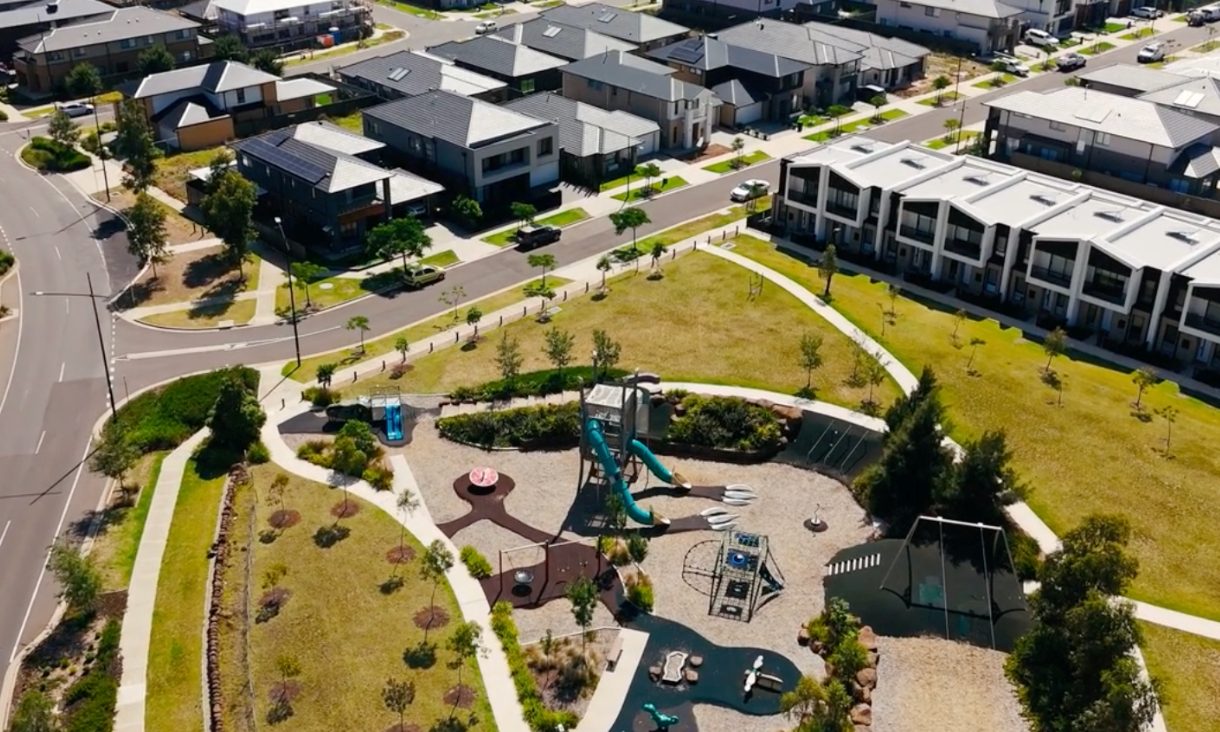30kph residential speed limit improves safety with little effect on travel times
Reducing residential speed limits from 50 kilometres per hour to 30kph would significantly boost bicycle riding safety without majorly affecting car trip times, a study has found.
Melbourne cycling infrastructure plan risks getting stuck in low gear if feeder networks not considered: new research
A new study highlights how far Melbourne still has to go in becoming a cycling city, warning the state government’s plan for strategic cycling corridors must be complemented by local government efforts to make local streets safer for cyclists.
Harnessing data to drive liveability
RMIT is collaborating with government and industry partners on an innovative data sharing project, which aims to create more sustainable, liveable and healthier communities.
New study on drug checking: trend warnings and alerts
As more Australian jurisdictions begin drug checking trials at festivals and in the community, experts are exploring how the data could reach significantly more people.








